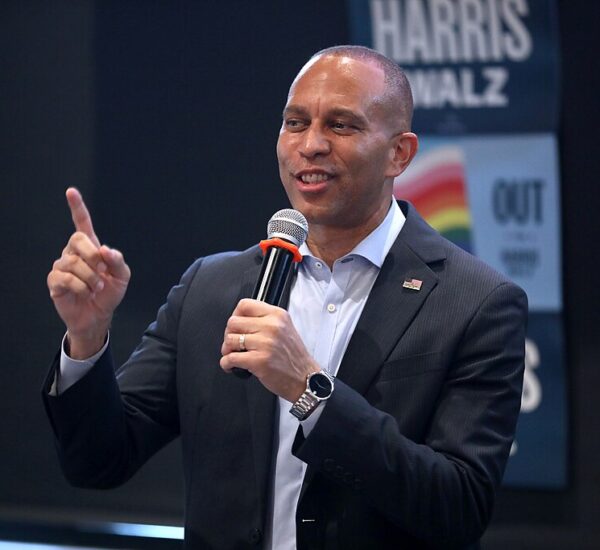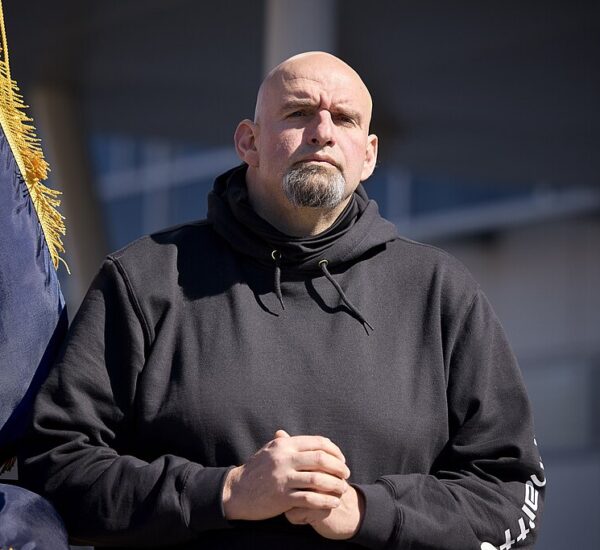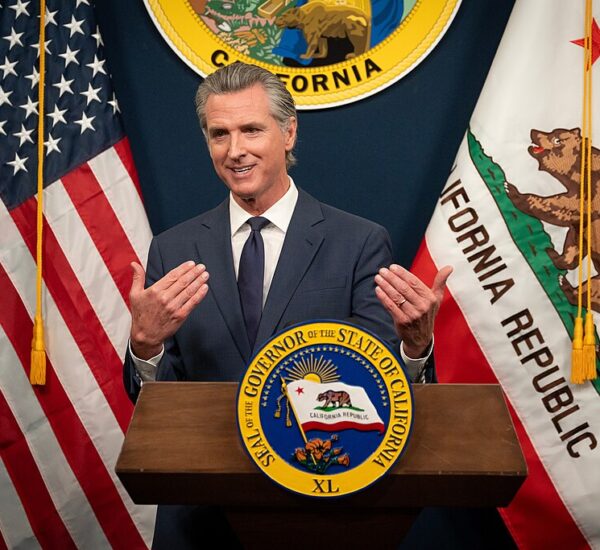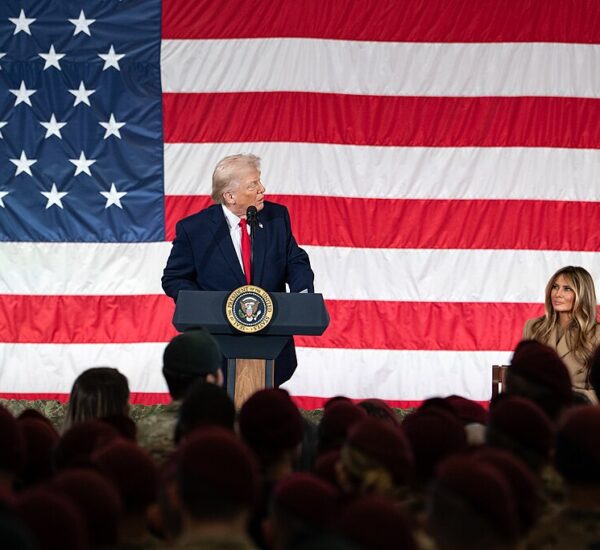Former FBI Director James Comey just received a major courtroom victory — and it’s sending shockwaves through Washington.
A federal judge has sharply questioned the government’s handling of the case, raising concerns about fairness, transparency, and the integrity of the justice system.
For many Americans watching the political battles of the last decade, this ruling feels familiar: once again, the system seems to bend in favor of Washington insiders.
Judge Says Prosecutors Made Serious Errors
In a detailed 24-page decision, U.S. Magistrate Judge William Fitzpatrick accused federal prosecutors of “profound investigative missteps” in the grand jury process used to charge Comey. As a result, he ordered the government to hand over previously secret grand jury records to Comey’s defense team.
The judge suggested that the government’s timeline didn’t add up — and may even undermine the legitimacy of the indictment itself.
A Timeline That Raises Red Flags
According to Fitzpatrick, interim U.S. Attorney Lindsey Halligan claimed she last spoke with the grand jury at 4:28 p.m. on the day the indictment was prepared. But the grand jury rejected one of the charges, forcing prosecutors to scramble and create a second indictment.
Halligan said she learned about the rejected charge at 6:40 p.m. and appeared in court just seven minutes later with the new indictment fully drafted, reviewed, presented to the grand jury, and voted on.
The judge made it clear: that scenario strains credibility.
He noted that either:
- the timeline is wrong, meaning the transcripts are incomplete, or
- the indictment presented in open court wasn’t the same document the grand jury actually reviewed — a serious legal violation.
Either possibility gives Comey’s defense powerful ammunition.
Judge Questions FBI’s Handling of Search Warrants
Fitzpatrick also raised concerns over four FBI search warrants executed as part of an earlier leak investigation. The warrants targeted Daniel Richman — Comey’s longtime friend and attorney.
While the government allowed Richman and Columbia University to identify privileged material, prosecutors never gave Comey the same chance, even though they knew Richman represented him.
The judge also noted that the FBI was permitted to search all of Richman’s devices, even though the warrants only allowed them to seize material related to unrelated offenses — not the charges Comey now faces.
Despite this, Fitzpatrick said these materials formed the “cornerstone” of the case presented to the grand jury.
Potential Violations of Attorney-Client Privilege
The judge sharply criticized the government for allowing an FBI agent — who had access to potentially privileged communications — to testify before the grand jury. He called this a “radical departure” from standard Justice Department practice.
He warned that even if privileged materials weren’t directly shown to the grand jury, they may have influenced how the case was framed — something that could taint the entire process.
Prosecutor Accused of Misleading the Grand Jury
Portions of the prosecutor’s statements were redacted, but Fitzpatrick indicated that Lindsey Halligan improperly suggested that Comey’s decision not to testify could be seen as a sign of guilt. That interpretation is flatly illegal.
The judge also said Halligan implied the grand jury didn’t need to rely solely on the evidence presented — and that better evidence would be shown at trial. That type of assurance is another violation of grand jury rules.
Court Orders Full Disclosure
Because of all these issues, Fitzpatrick ordered prosecutors to turn over:
- Audio recordings of all grand jury sessions
- All sealed grand jury materials
- All documents used to obtain Comey’s indictment
This ruling creates a significant hurdle for the prosecution and gives Comey’s legal team an opening to challenge the charges on multiple fronts.
Comey Still Faces Serious Allegations
Comey, 64, was indicted on two counts — lying to Congress and obstruction of justice tied to his 2020 Senate testimony. His lawyers are now arguing that the case is flawed from the start, that Halligan was improperly appointed, and that the prosecution itself may be retaliatory.
The Justice Department, the U.S. Attorney’s Office, and Comey’s legal team have all declined public comment.






